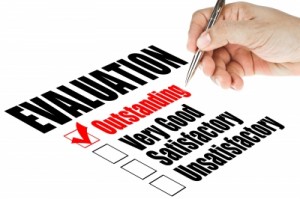— May 29, 2019
I’ve been participating in a great discussion on the importance of talent. It’s an area that doesn’t get the attention needed and is critical to organizational performance.
Too few managers pay the right attention to talent, both recruiting, onboarding, developing, and retaining the right people. As a result, the costs of this inattention to talent is millions to hundreds of millions of dollars.
Talent is one of the most critical issues impacting sales and organizational performance in the coming years! Most organizations do a terrible job in recognizing this.
Having said that, solving the talent gap is not the only issue impacting sales performance. There are some, as indicated in the referenced discussion, that believe, “Hire A players, everything else takes care of itself!”
There can be nothing more wrong.
I don’t know how many A players I’ve seen fail. They fail for a variety of reasons, but mostly not attributable to them.
For example, an A player in a C organization will either become a C player or will leave (usually it’s the latter). An A player in an organization where there is no management support, where there aren’t the requisite tools, processes, systems, programs, and training will not perform to their potential—as much as they may be driven to perform. They are set up to fail by the absence of the things they need to be successful.
An A player in not aligned with the culture and values of the organization will fail.
Maximizing the performance of each individual in the organization is not just “hire A players stay out of their way.” Maximizing performance requires careful attention to all the conditions necessary to success. It requires a “systems” orientation–that is, understanding all the components to success and how they interrelate to each other.
Organizational excellence requires us to think of all the components of what makes organizations work–culture, values, leadership, talent, shared purpose/vision/mission, obsessive organizational learning, structure, processes/systems/tools/programs, relentless execution, and others. We cannot focus on optimizing just one component, but need to optimize on the whole.
Some of you may these as elements of Peter Senge’s principles and systems thinking–that’s a great way to think about organizational excellence. None of these things exist in isolation, we can only achieve organizational excellence by paying attention to all of this.
Talent is a critical starting point, but talent alone is insufficient for success!
Business & Finance Articles on Business 2 Community
(25)
Report Post




